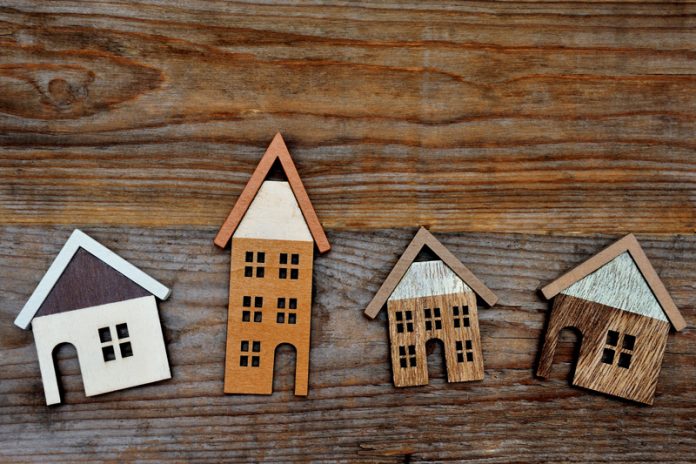Spend more than a minute or two looking into the housing market and you’ll realise that there are two things that it loves: red tape and money. Whether you’re buying or selling you’ll need to pay out extortionate amounts of money for people to sign the odd piece of paper or send over a document. It’s an unavoidable part of the process.
Yet, the paperwork is at least something you can prepare for. As Which? notes, estate agent fees, conveyancing, energy performance certificates and removals costs all need to be paid when selling your home. But that’s not it; there are other costs involved in selling your home that you may not have considered, but need to look out for nevertheless:
Bills
Depending on when you actually sell up and move on, there’s likely to be some form of overlap when it comes to bills. You might need, for example, to keep paying the water bill after you’ve moved out or have paid or face a charge if you want to break out of a contract with the likes of BT. Having such charges, or a period in which you face bills for two properties, can be a cost that creeps up on you at a time when money is tight.

Time
It can be several months to sell your home and this can, of itself, prove costly. For example, if you’re keeping items in storage for a temporary period then the longer your sale goes on, the more months you’ll need to pay for. You might also need to pay to keep advertising your property for sale and generally eat into your valuable time by making yourself available for viewings and queries. Time is money, after all.
Repairs
If you want to sell your home, then it needs to be ‘match fit’ and ready to attract a buyer. That means all of those little DIY jobs that you might have been putting off – leaking taps, creaky doors, leaning fences – need to be fixed. The cost of getting these repairs done can soon mount up.
Staging your home
Not only that, but you might want to go beyond just repairing issues around the house – you might want to consider ‘staging’ your home to increase your chances of selling. From putting items in to storage to clear some clutter to giving the odd room a lick of paint, there are lots of things you can do to try to attract buyers – but they do cost money.

Haggling
Finally, brace yourself for some serious haggling. Buyers will treat your asking price as a ‘starting price’ and work down from there. It’s important to map out the minimum you’d be prepared to accept for your property so that your financial plans aren’t thrown out by the long-term cost of having to accept a lower offer.
Of course, this all applies to the ‘traditional way’ of selling a home. Those who’d rather sidestep all of this and who are looking for a quick solution that is free of much of the cost and paperwork can opt for online-only sellers who charge a flat fee to cover most of the expense while guaranteeing a quick turnaround to avoid the time costs. It’s perhaps easy, when consider the hassle above, to see why these have proven popular in recent years.





















